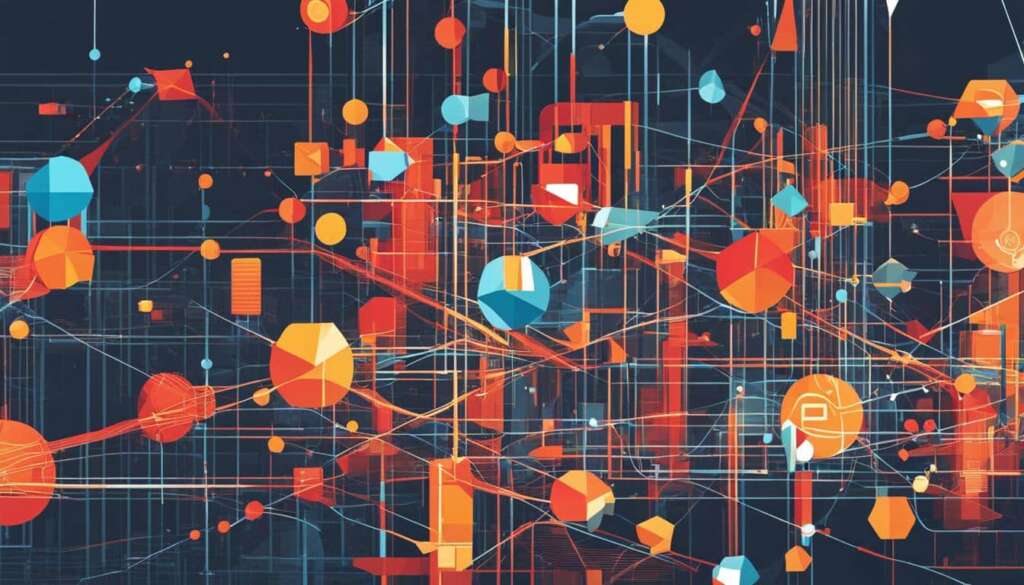Table of Contents
In recent years, artificial intelligence (AI) has made significant advancements, particularly in the field of machine learning. OpenAI’s ChatGPT, Google’s Bard, and Microsoft’s Sydney are powerful examples of machine learning programs that have captured attention and raised hopes of achieving artificial general intelligence. However, renowned linguist and philosopher Noam Chomsky argues that these programs, including ChatGPT, are limited in their ability to replicate human reasoning and language.
Chomsky’s insights on the limitations of AI are crucial in understanding the potential impact of these technologies. As an expert in linguistics and cognitive science, Chomsky’s analysis provides a valuable perspective on the capabilities and shortcomings of AI systems like ChatGPT. It raises important questions about the future of AI and its role in replicating human intelligence.
The Implications for Education and Writing
One of the potential implications of ChatGPT and similar AI-powered chatbots is the impact on education and writing. Noam Chomsky, a prominent thinker in linguistics and philosophy, raises concerns about the future of the academic essay, a central component of humanistic pedagogy.
Traditionally, academic essays have served as a platform for students to showcase their understanding of a topic, critical thinking skills, and ability to communicate effectively. However, with the advent of AI-powered chatbots like ChatGPT, the landscape of academic writing may undergo significant changes.
ChatGPT’s ability to generate plausible-sounding academic essays on various subjects raises questions about the authenticity and originality of student work. Plagiarism, once a longstanding concern in academia, could potentially become an even greater issue if students can rely on AI to produce well-written essays.
Moreover, the creative aspect of writing, which involves the expression of unique ideas and personal perspective, may be overshadowed by the automated nature of AI-generated content. As creativity is a crucial skill in various academic disciplines, its suppression could have detrimental effects on students’ development as critical thinkers and innovators.
Chomsky’s critique extends beyond the implications for student writing. He raises broader questions about the role of education in fostering human thinking. By relying heavily on AI-driven tools like ChatGPT, education risks neglecting the development of essential human cognitive abilities, such as logical reasoning, problem-solving, and nuanced interpretation.
“The use of AI in education should not disregard the unique capacities of human thinking that go beyond the superficial generation of information. Education must cultivate the creative, critical, and deeply analytical thinking that differentiates humans from machines.”
As education systems adapt to the advancements in AI, it is crucial to strike a balance between leveraging technology and nurturing the fundamental characteristics of human intellect. This requires a comprehensive approach that goes beyond the mere integration of AI tools.
The Future of the Academic Essay
By exploring the potential consequences of AI-generated content, we can better understand the challenges we face in the realm of education and writing. To visualize the current scenario, consider the following table:
| Traditional Academic Essay | AI-Generated Content |
|---|---|
| Student-driven | Computer-generated |
| Showcases critical thinking | May lack originality |
| Emphasizes creativity and unique perspectives | Relies on pre-existing data and algorithms |
| Encourages in-depth research | May provide superficial information |
| Requires human interpretation and analysis | Focuses on generating accurate text |
This table highlights the contrasting features of traditional academic essays and AI-generated content, underlining the potential ramifications of relying heavily on AI in education.
In conclusion, the rise of AI-powered chatbots like ChatGPT has significant implications for education and writing. While AI can be a helpful tool, caution must be exercised to preserve and nurture the qualities that make us uniquely human thinkers. The future of the academic essay and the broader field of education depends on striking a balance between leveraging AI’s capabilities and fostering creativity, critical thinking, and genuine intellectual growth.
The Limitations of AI’s Reasoning and Impact on Decision-Making
Noam Chomsky emphasizes the fundamental limitations of artificial intelligence (AI) in replicating the complex reasoning and decision-making processes of the human brain. While AI excels at computational tasks and data analysis, it lacks the capacity for moral reasoning and rational thought that are inherent to human intelligence.
Unlike AI, the human brain is capable of considering moral and ethical implications when making decisions. It can analyze information, weigh alternative possibilities, and critically assess the consequences of different options. The innate morality and rationality of human thinking provide a nuanced understanding that AI struggles to achieve.
A significant obstacle in replicating human thought processes is AI’s inability to comprehend or possess a moral compass. Unlike humans, AI lacks a sense of right and wrong, making it prone to potentially harmful decisions. The absence of moral reasoning significantly affects its accuracy and reliability in decision-making scenarios.
Furthermore, human reasoning involves not only finding optimal solutions but also creating explanations for decisions. Humans navigate complex situations by relying on their ability to interpret context, leverage prior knowledge, and consider various factors. This aspect of human thinking goes beyond mere accuracy and entails a deeper understanding of the world, which remains a challenge for AI to achieve fully.
FAQ
What is ChatGPT?
ChatGPT is an artificial intelligence program developed by OpenAI that uses machine learning to generate text-based responses to user queries.
How does ChatGPT impact education and writing?
ChatGPT and similar AI-powered chatbots have the potential to disrupt education and writing by generating plausible-sounding academic essays and potentially leading to increased instances of plagiarism.
What are the concerns raised by Noam Chomsky regarding ChatGPT and AI?
Noam Chomsky highlights the limitations of AI in replicating human reasoning and language, arguing that AI lacks moral and ethical thinking, as well as the ability to critically assess information like humans do.
What are the limitations of AI’s reasoning and its impact on decision-making?
Unlike the human brain, AI lacks rational thought and moral reasoning, limiting its ability to accurately replicate human decision-making processes and consider the implications of its actions.













